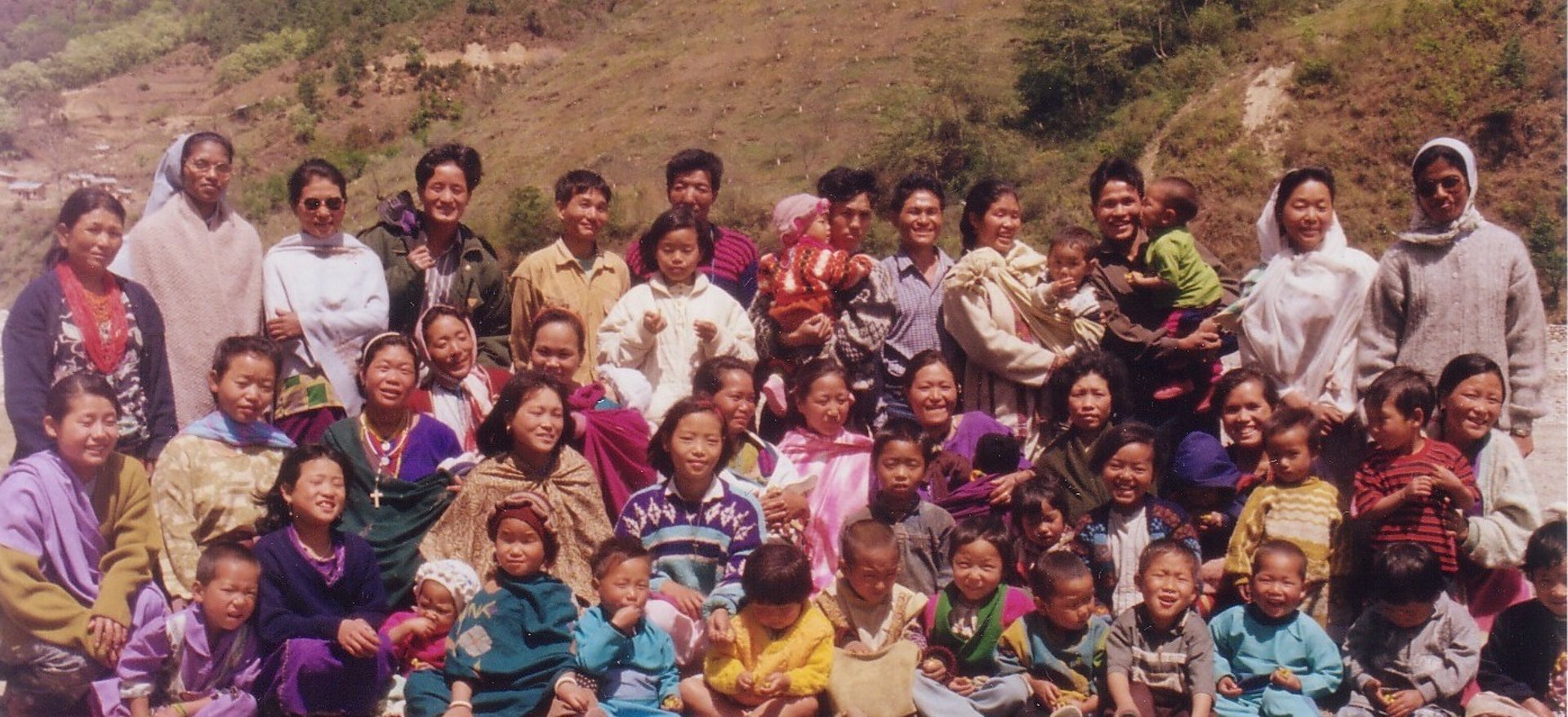Pastoral Outreach
Historically, the indigenous communities of Northeast India practiced animism, believing in the presence of supernatural forces within mountains, rivers, forests and nature.
With an increase in the flow of outsiders over the recent centuries, the people began adopting new religions including Hinduism, Christianity, Islam, and various smaller belief systems.
When the states of Northeast India were formed, initially by the British and later by the Indian Government after independence, the indigenous groupings of the people were used as boundary markers. The predominant religion adopted by these tribes influenced the religious identity of the states, with some becoming primarily Christian, while others were Hindu or Animistic.
Background
The Kohima Jesuits run 11 parish communities in Northeast India.
In most Jesuit parishes, Religious Sisters collaborate with the Jesuits, playing an active role in pastoral home visits, healthcare, and informal training for women.
To support these communities, various religious and catechetical programs are regularly organized.
The village parish communities have structures to facilitate the faith formation and advancement of the community. Thus, most parishes have catechists to provide leadership, with catechism and pre-marriage classes conducted regularly. Additionally, there are active societies for men, women and youth of the parish and annual conferences are organized to strengthen the spiritual life and faith of the parishioners.
Institutional Engagements

“My job as a Christian is not to get people to heaven when they die, rather, it’s to get heaven to people while they're alive”
― D. R. Silva
Our Partners













